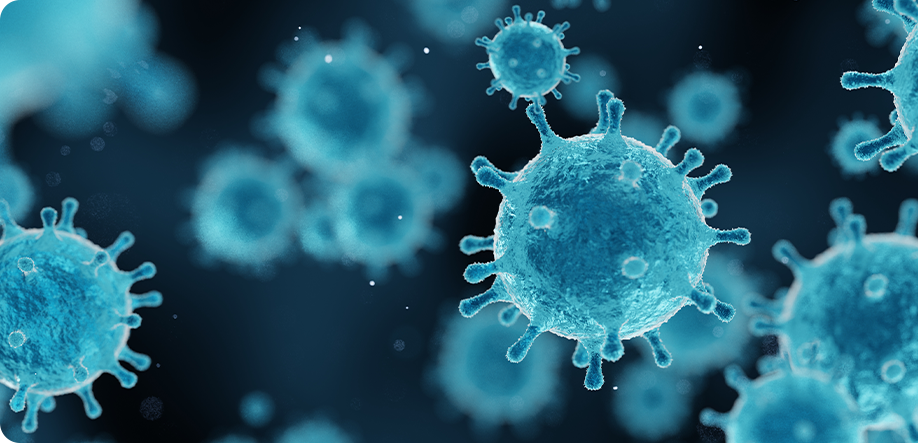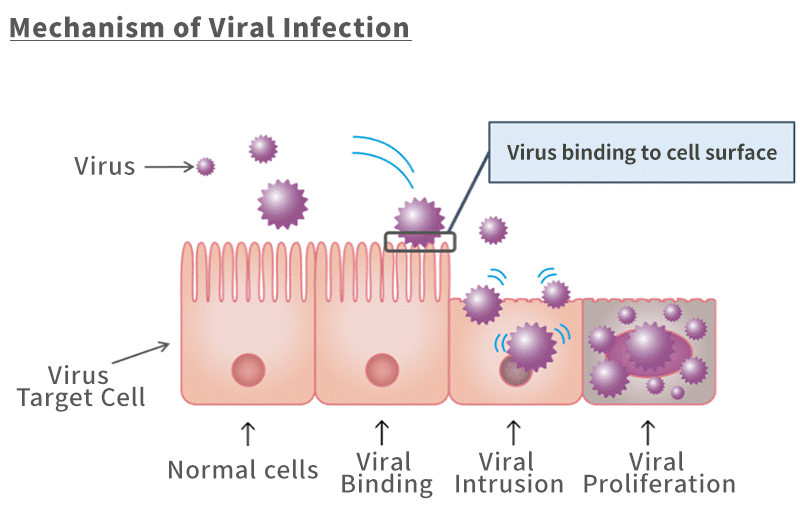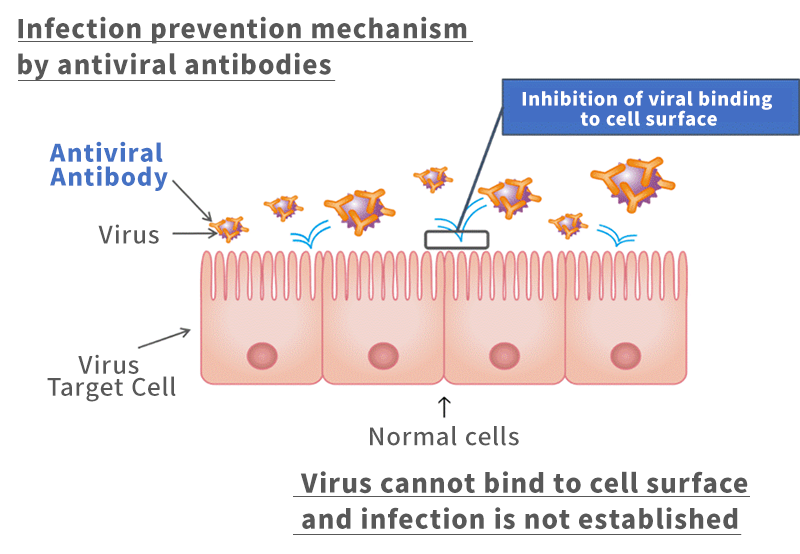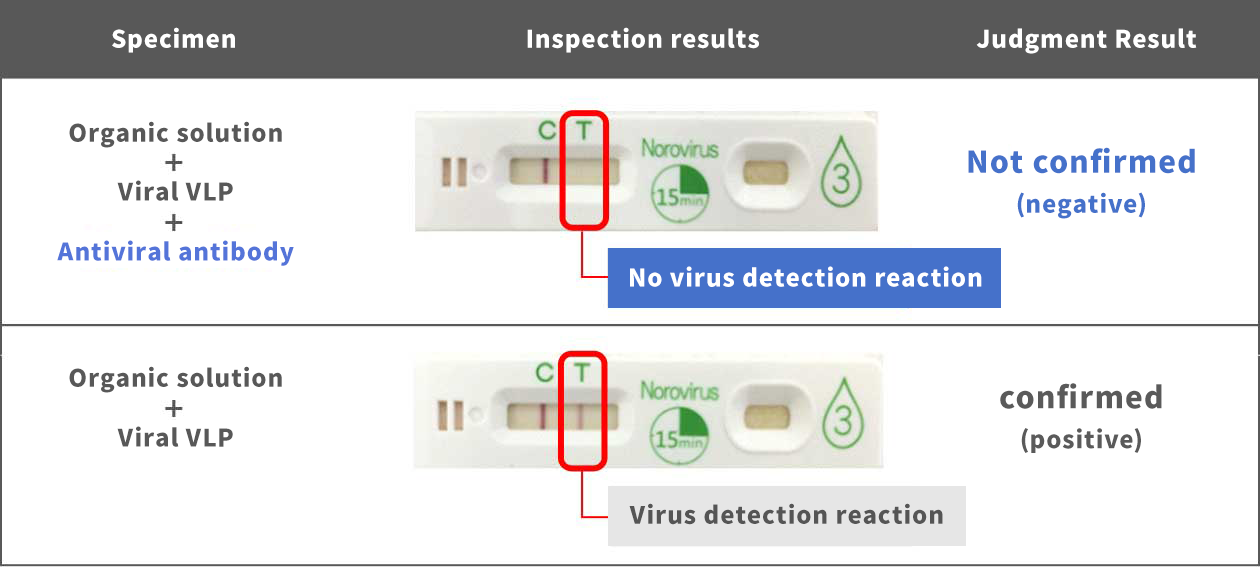Noro freeegg yolk antibody

About antibodies
Antibodies have an immunological function of protecting organisms from external threats, which is made possible thanks to a protein called immunoglobulin. They are created inside the body to protect it from foreign substances (antigens) such as pathogens. Mammals, such as humans, are unable to create antibodies as a fetus or during the neonatal period due to undeveloped immune function. Therefore, mammals are protected from infectious diseases by their mothers through the placenta and breast milk. Birds, on the other hand, which do not have placentas or breast milk, pass antibodies to their offspring into the egg yolk (yellow part of egg) from the blood-born antibodies acquired by the mother. Using the immune systems of birds make it possible to create egg antibodies (antiviral antibodies) against specific viruses. We created the optimal combination of multiple antiviral antibodies to create a solution against viral infections, and we named it Noro free.
Characteristics of antibodies
Measures using egg antibodies against viral infections are explained below.
<Capabilities of antiviral antibodies>
The capabilities of antiviral egg antibodies were confirmed using a simple virus detection kit.
Red lines that protrude from the red box inside the kit (below the letter “T”) indicate a positive result where there is an infectious virus at or above a specific amount.
In the sample where the antiviral antibodies have been found (top), red lines have not been confirmed inside the red box, which indicates that the antiviral antibodies inactivated (decreased the infectiousness) of the virus.
(Virus used: Non-enveloped virus)



